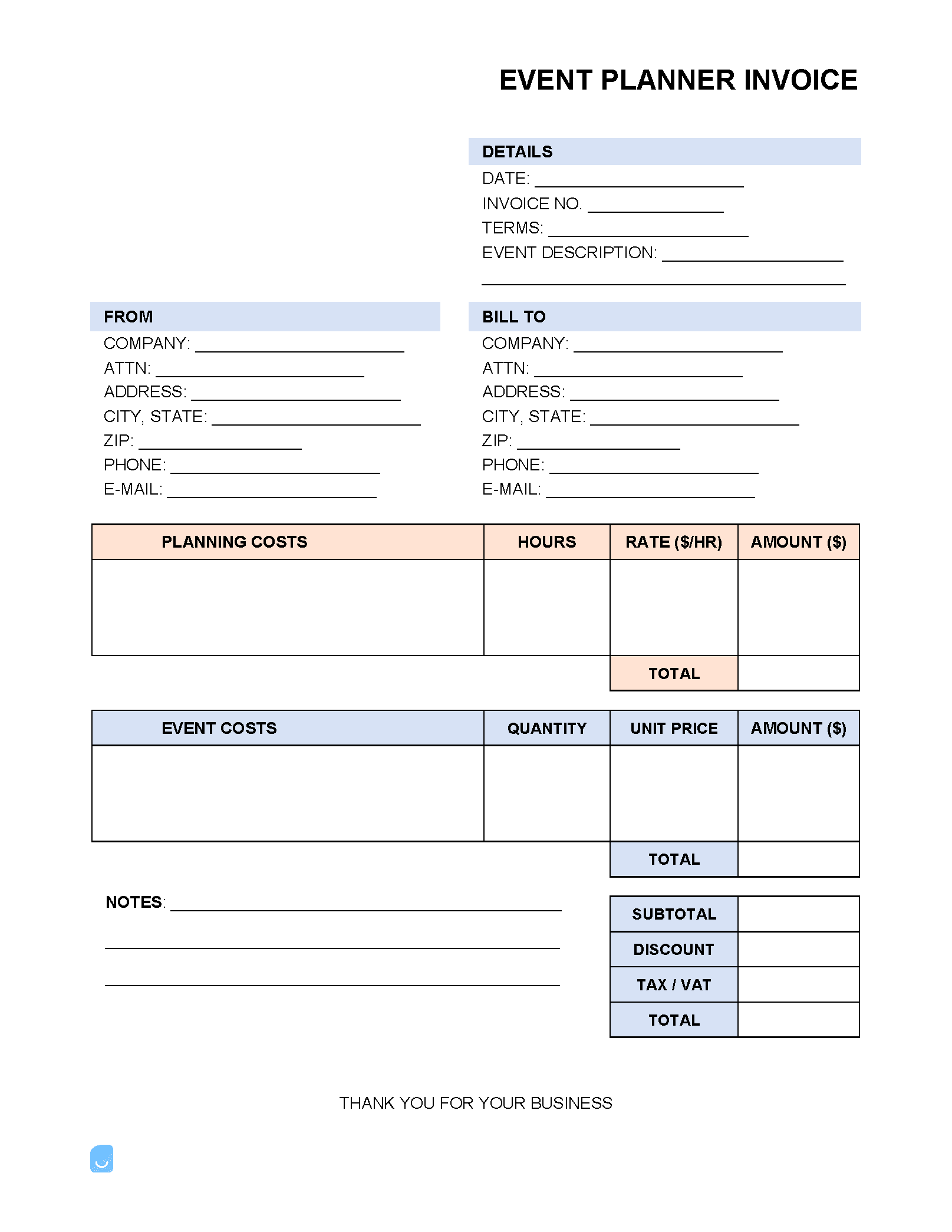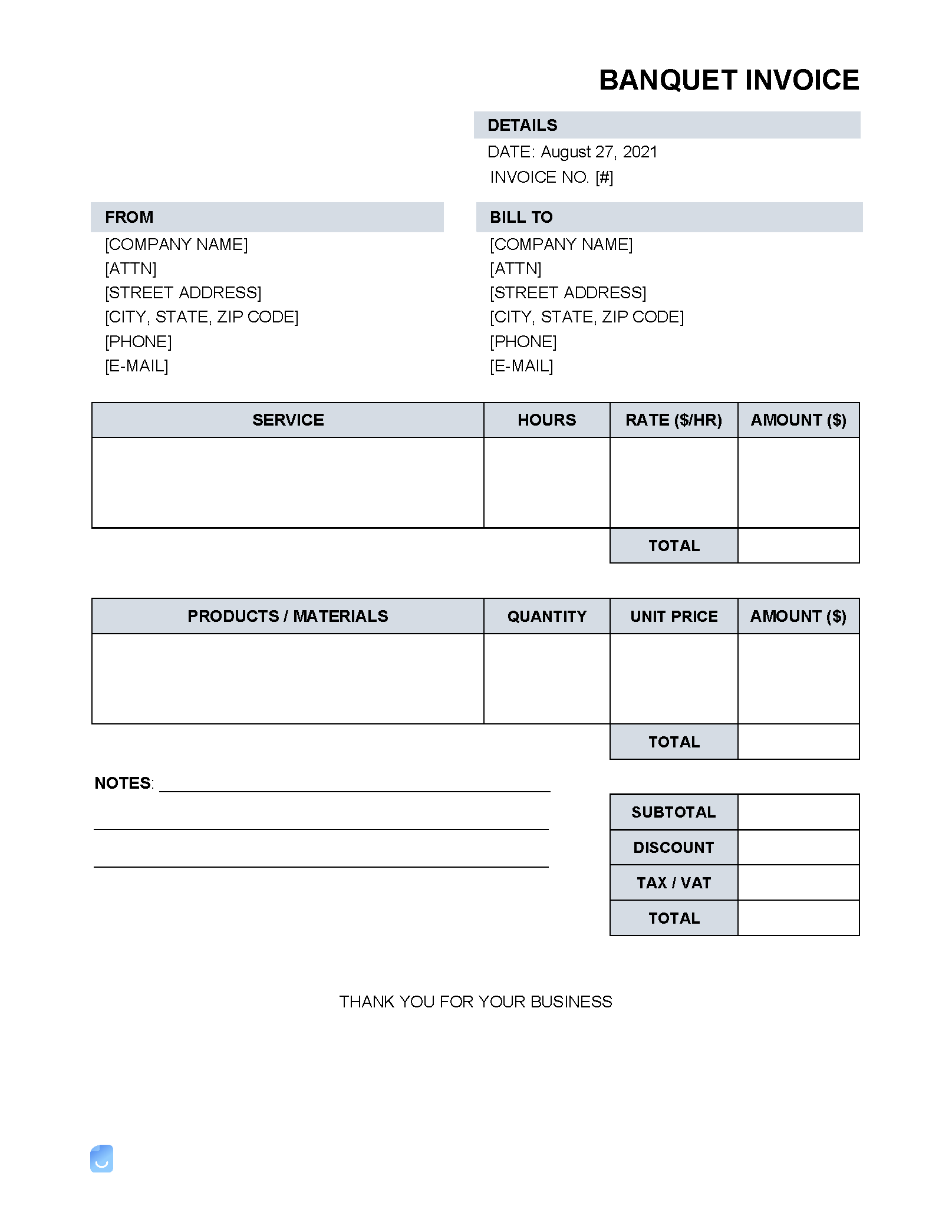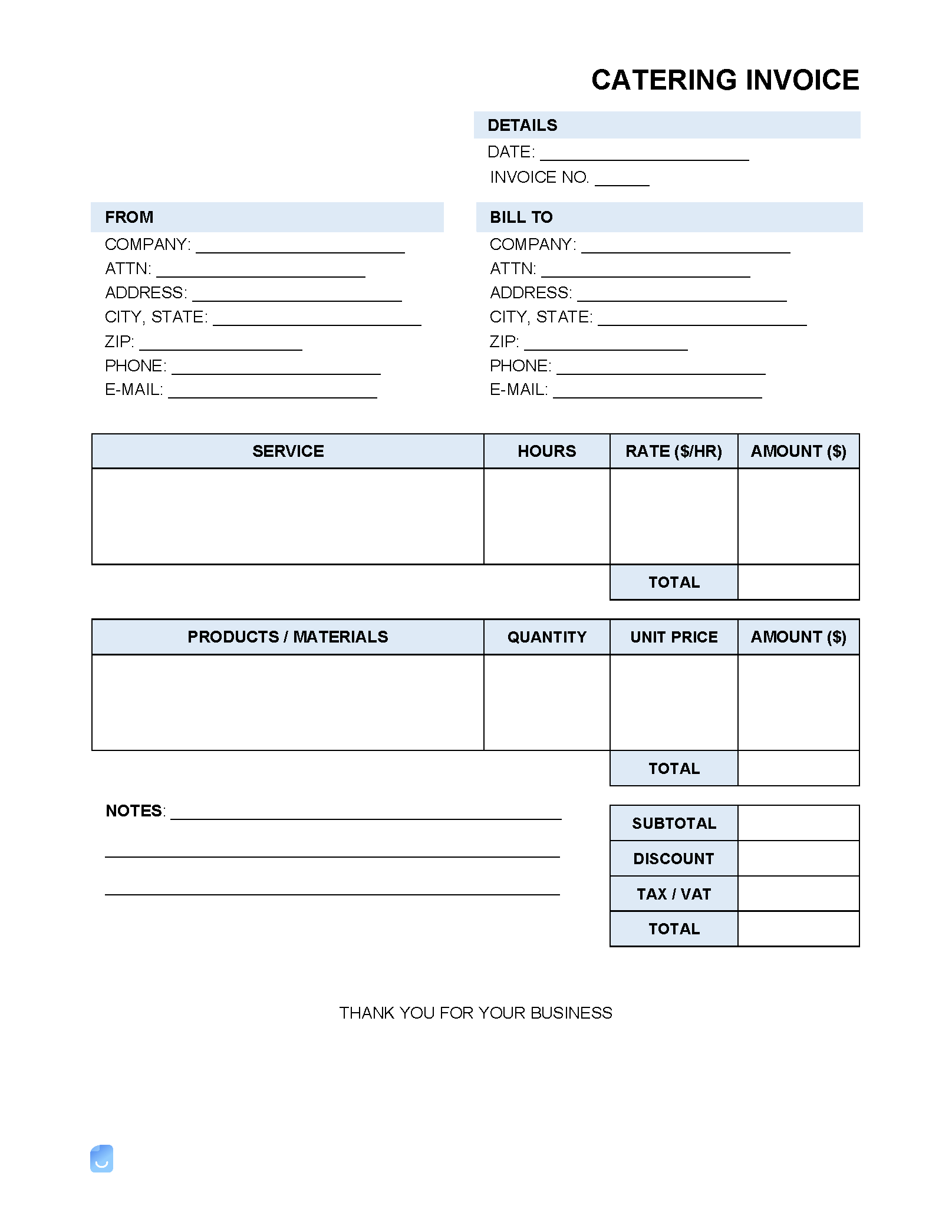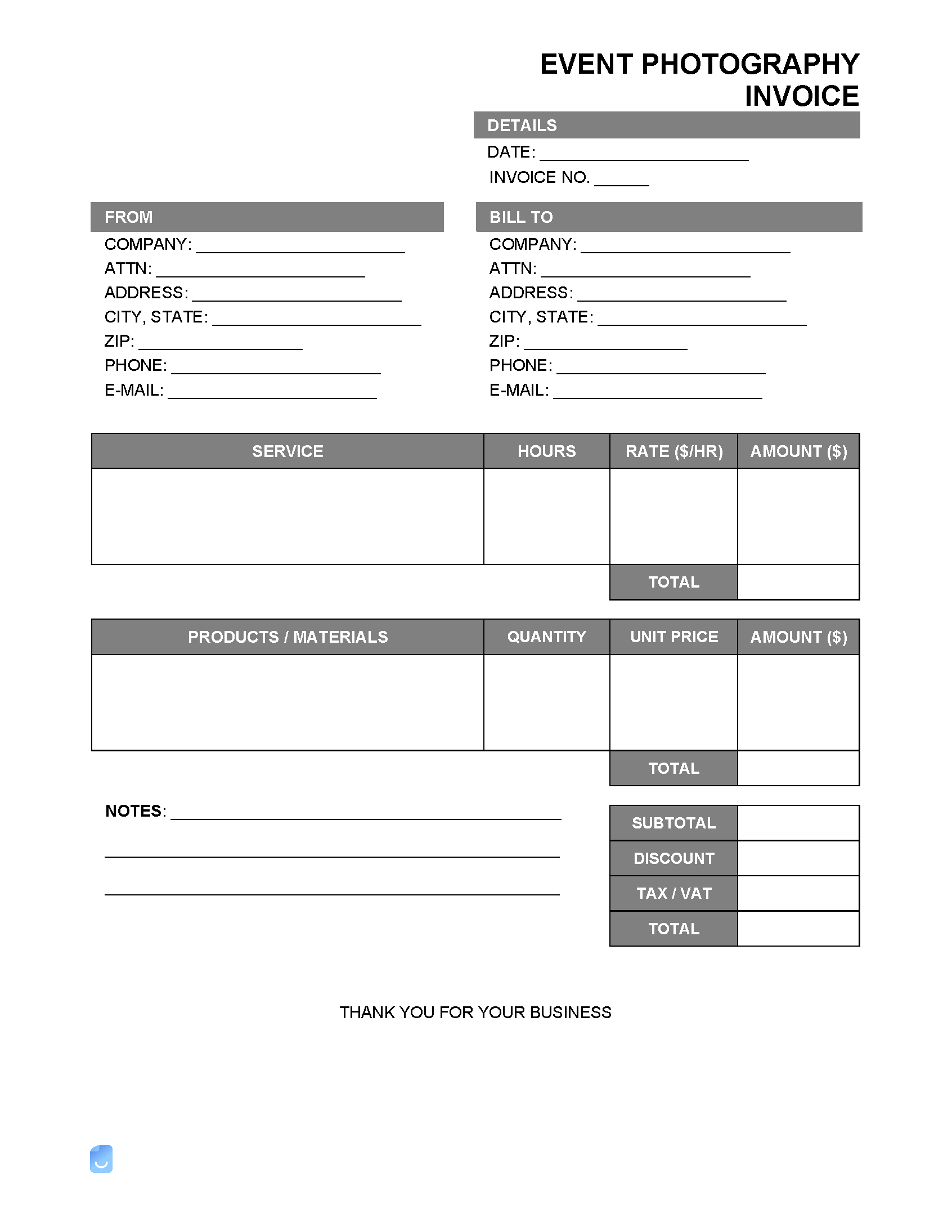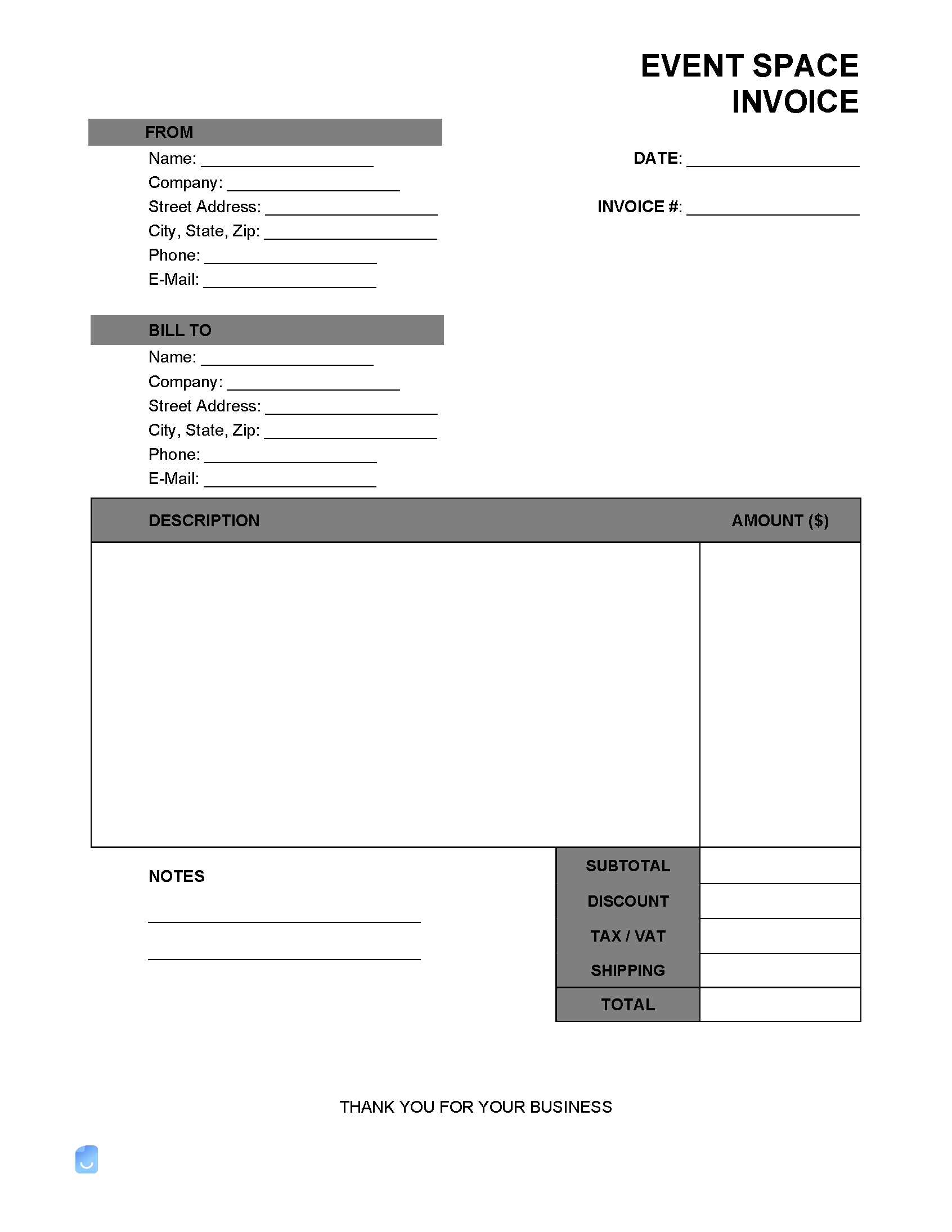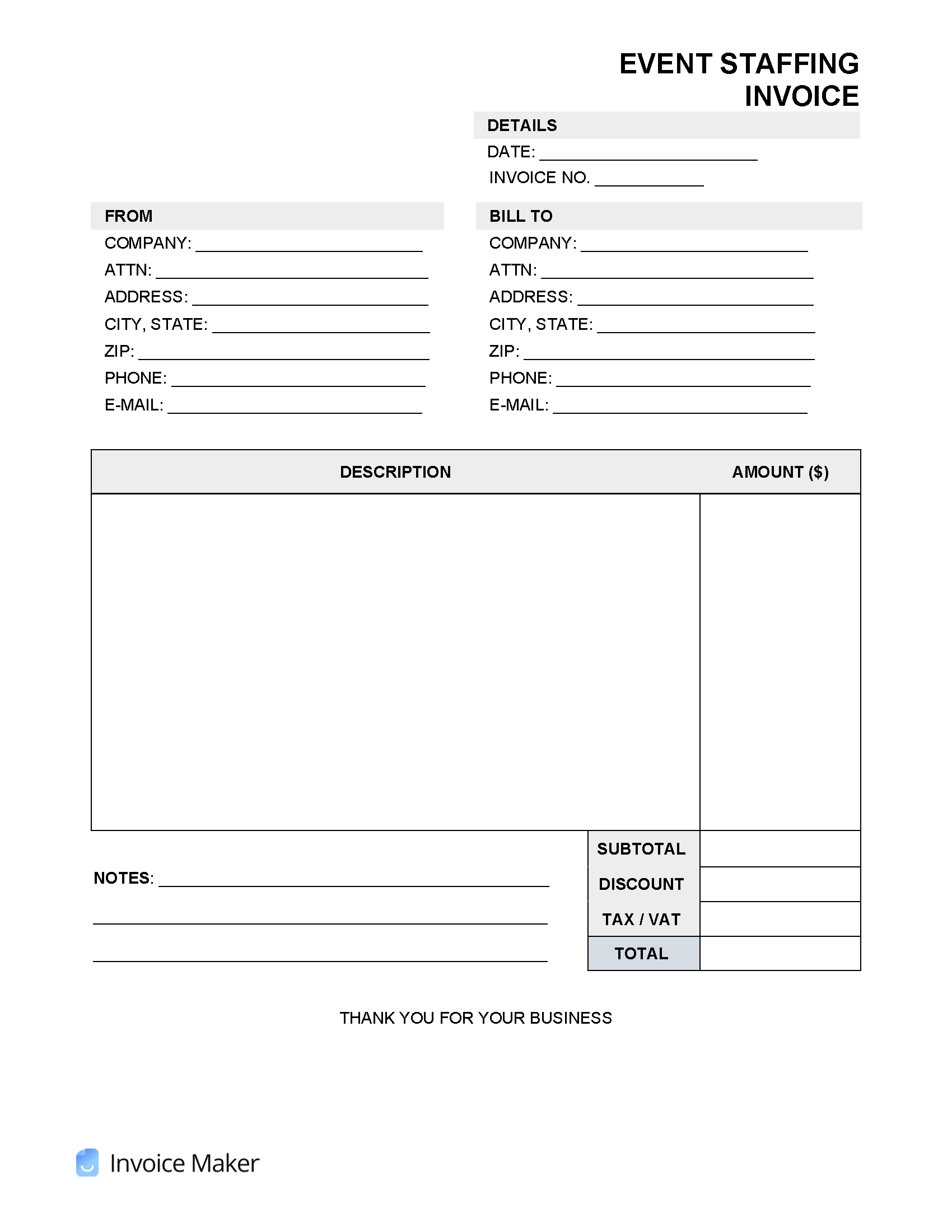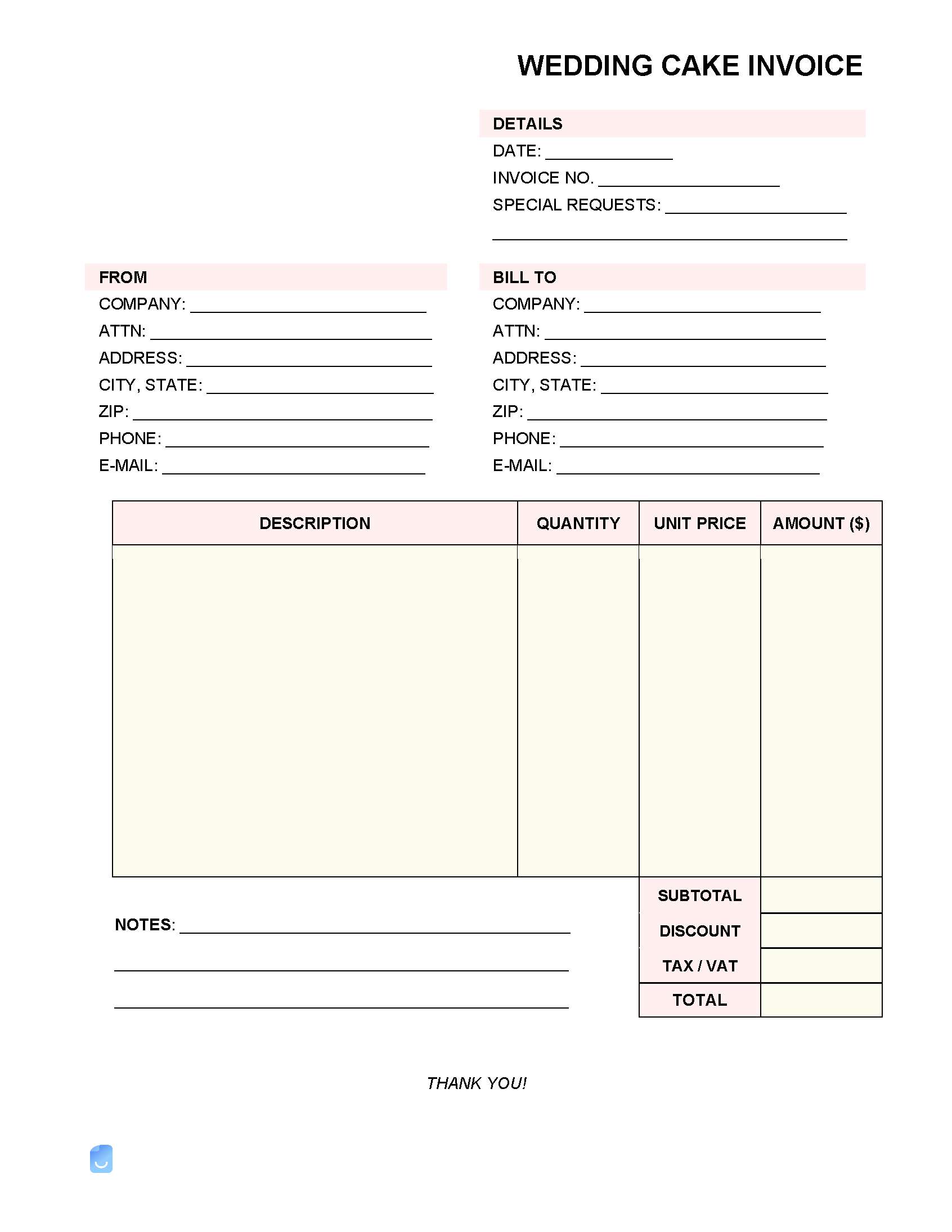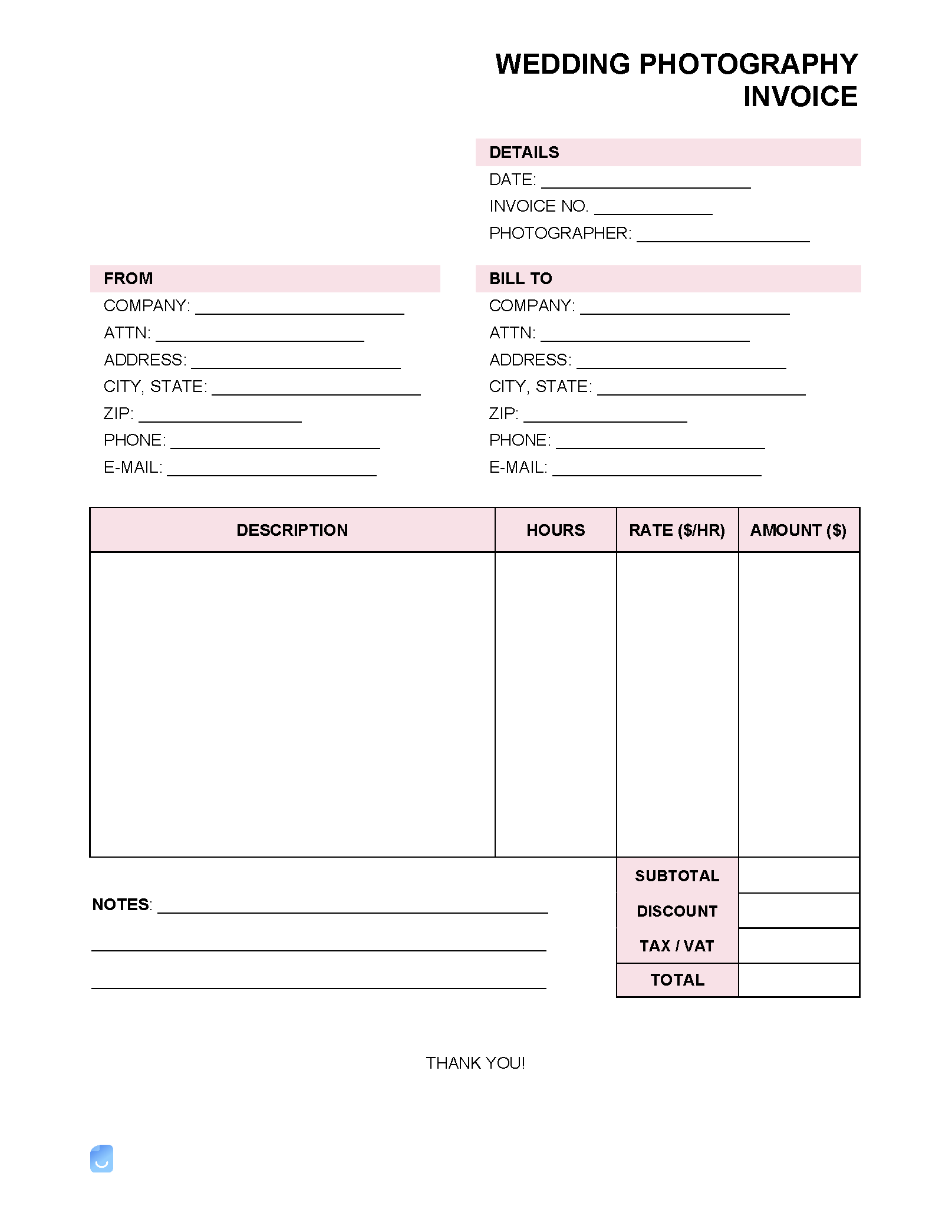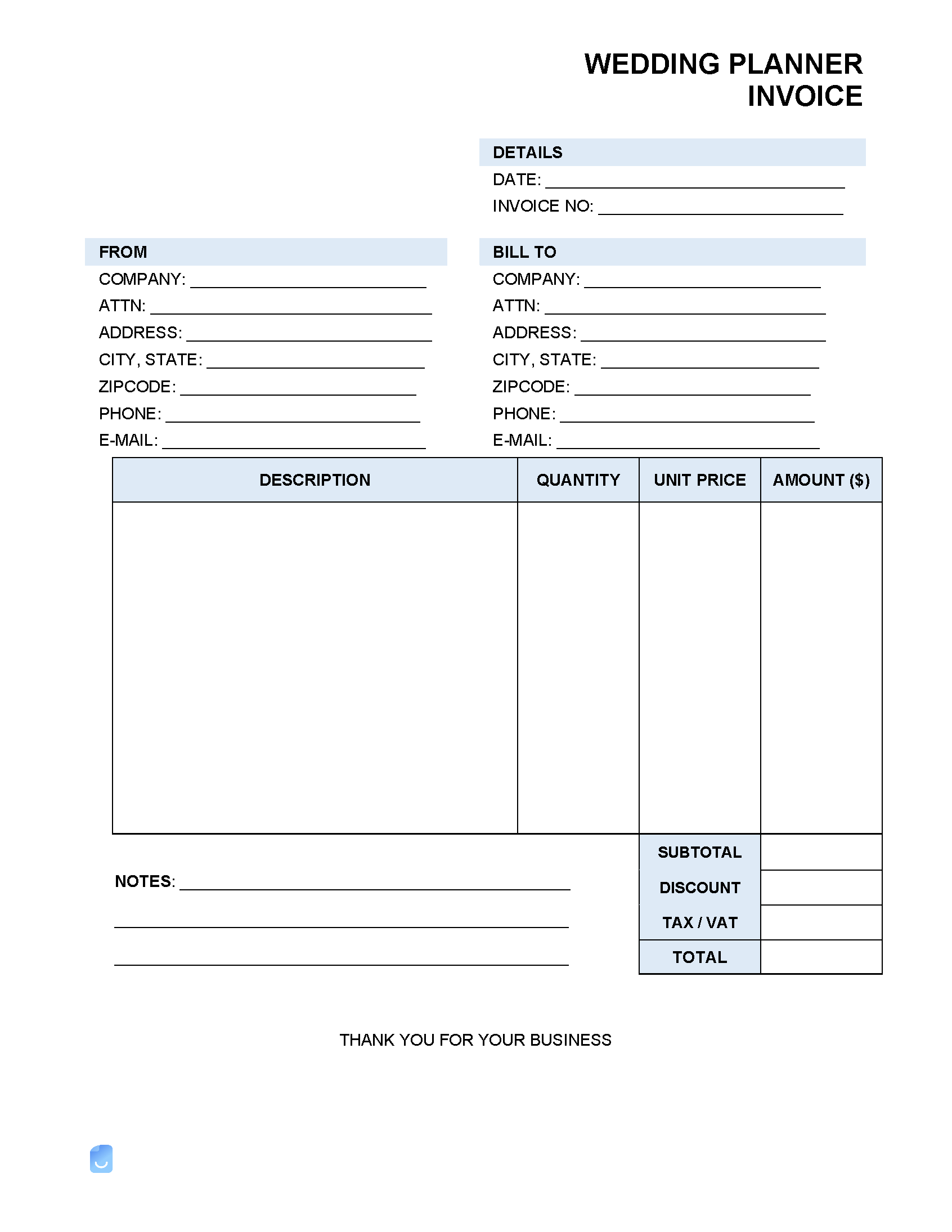Event Planner Invoice Template
An event planner invoice is used by professional event planners and event planning businesses to bill customers for work related to planning an event. The invoice should include all pertinent information about the event, as well as charges for the services rendered.
By Type (8)
How to Create an Event Planner Invoice That Will Get You Paid
A simple, effective invoicing system can help event planners to keep track of their expenses. This is important not only for the event planner in terms of being able to stay within a budget but also for the client in terms of knowing how much they are being charged for the event. In addition, an event planner invoice can help to streamline the payment process by providing a clear and concise breakdown of all charges.
What is Event Planning?
Event planning is the complex task of arranging a convention, party, tradeshow, wedding, ceremony, or another gathering from beginning to end. The event planner will most likely have the following responsibilities depending on the type of event:
- Creating a detailed timeline
- Finding a location
- Staying within a pre-determined budget
- Seeking bids from caterers, venue providers, staffing companies, etc.
- Contacting and reserving special guests and entertainers
- Arranging transportation to and from the event
- Obtaining necessary permits
- Ensuring guest safety
Types of Event Planners
Here are some professionals that might be considered event planners:
- Wedding planners
- Venue managers
- Donor coordinators
- Progressive party planners
- Corporate retreat planners
Becoming an Event Planner
Many planners start by volunteering to plan a community event such as a fair or contest. This allows the planner to determine whether they enjoy the process from beginning to end and can see themselves doing it for a living. Another option is to shadow a professional event planner or to work as an assistant to an experienced event planner. This can be a good way to see firsthand the stress and work involved in planning an event, which can inform the decision of whether to pursue the profession full-time. There are also certificate programs that offer the theoretical knowledge and practical skills needed to be a successful event planner.
College Degrees
Although earning a degree isn’t a requirement for beginning a career in planning, formal education can help set event managers apart and open up opportunities to charge higher rates. Additionally, information learned in a university setting can allow planners to offer a broader range of services. The most applicable degree for those looking to be an event planner is in hospitality management.
However, the following majors can also provide students with the skills for entering into the profession:
- Communication;
- Public relations;
- Marketing; and
- Business management.
Event Planner Salary & Hourly Rate ($/hr)
Salary: $57,850/yr
Hourly rate: $27.81/hr
(Source: United States BLS – “Meeting, Convention, and Event Planners”)
Creating an Event Planner Invoice
An event planner invoice can be generated manually using programs such as Microsoft Word, Microsoft Excel, Google Docs, or Google Sheets. The invoice can be sent via email as a PDF for the client to download. For faster, simpler invoicing, use an online invoice generator such as Invoice Maker.
Key Features of an Event Planner Invoice
An event planner invoice should include the following key components:
- Event planner’s name and contact details (e.g. phone number, address, email)
- Event planner’s logo (if applicable)
- Client’s name and contact details (e.g. phone number, address, email)
- Description of the event
- Date of the event
- Location of the event
- Tasks performed by event planner
- Materials purchased by planner for event
- Planner’s standard fee
- Total cost of services rendered
- Payment terms
- Payment methods (e.g. cash, check, credit card, PayPal)
- Due date of payment
- Applicable discounts or taxes
